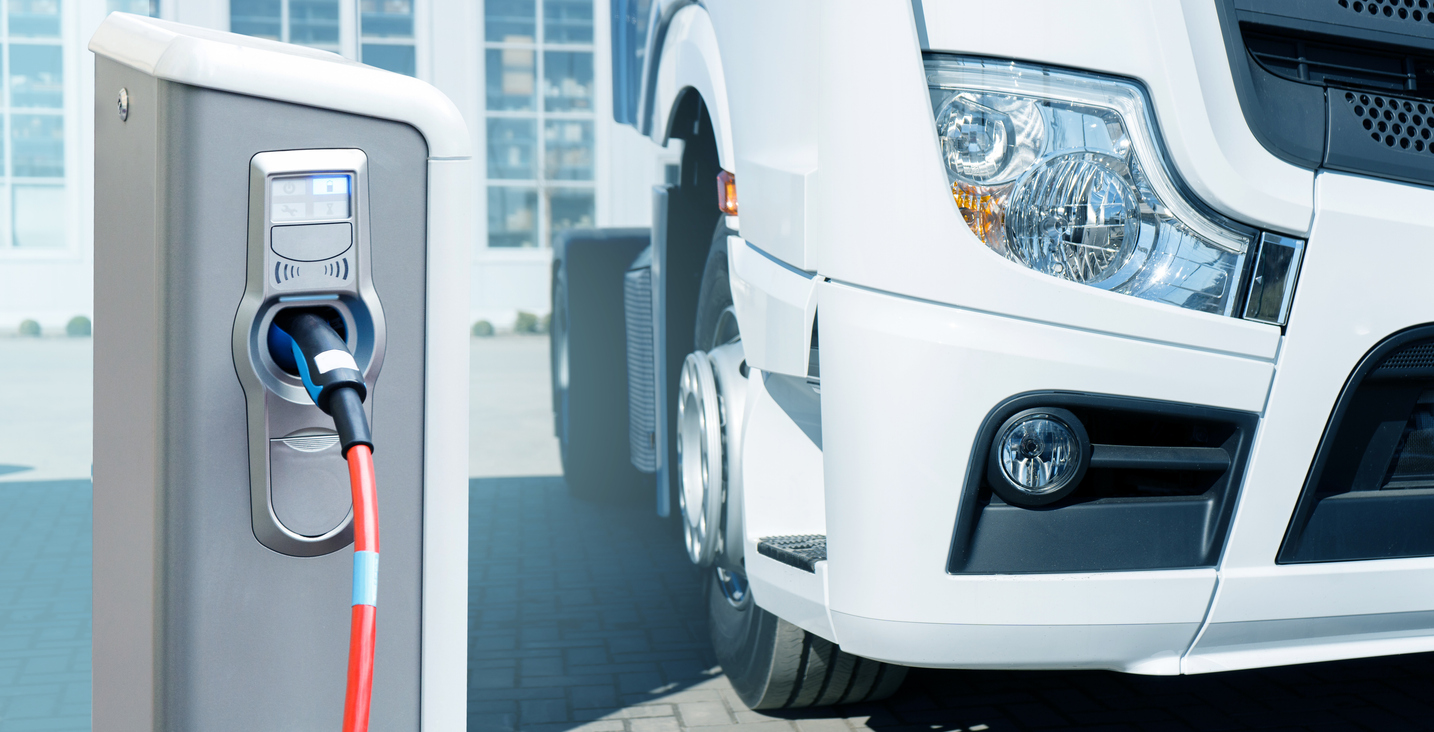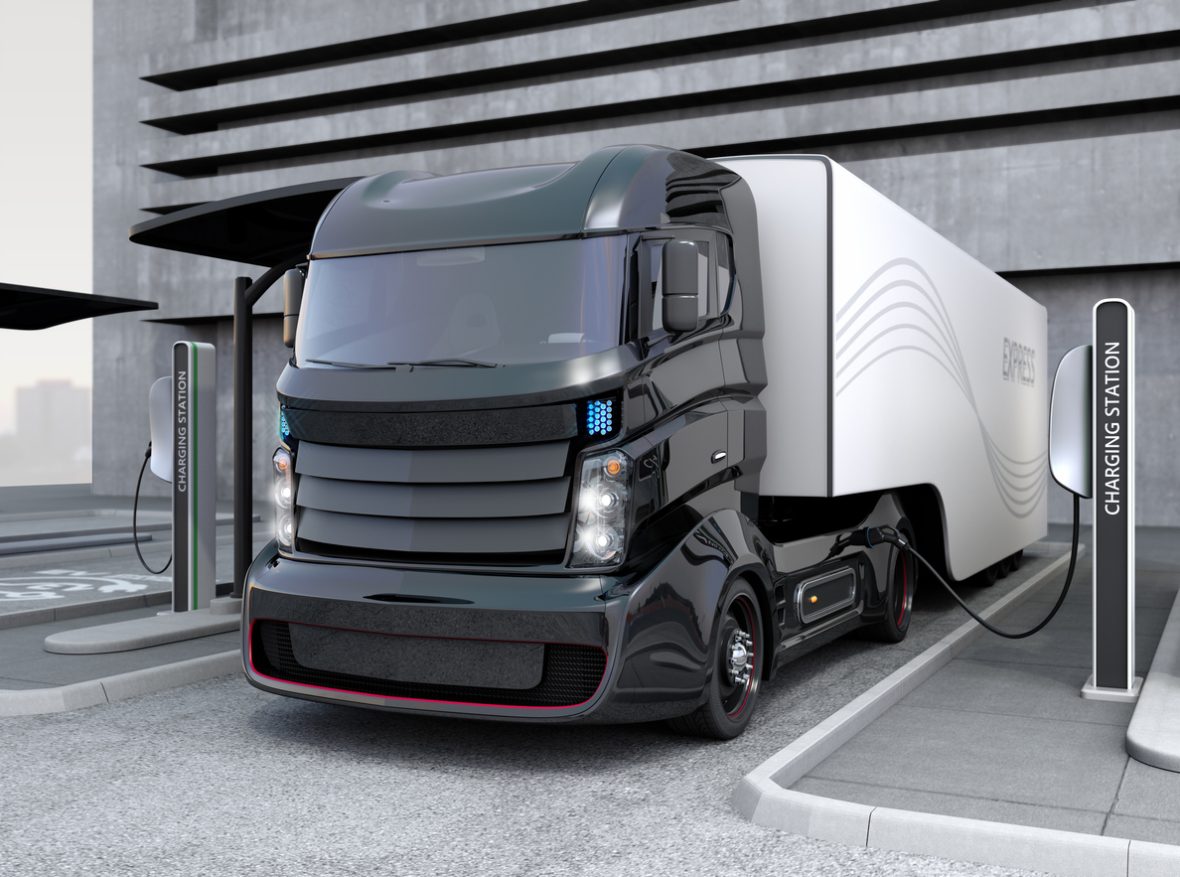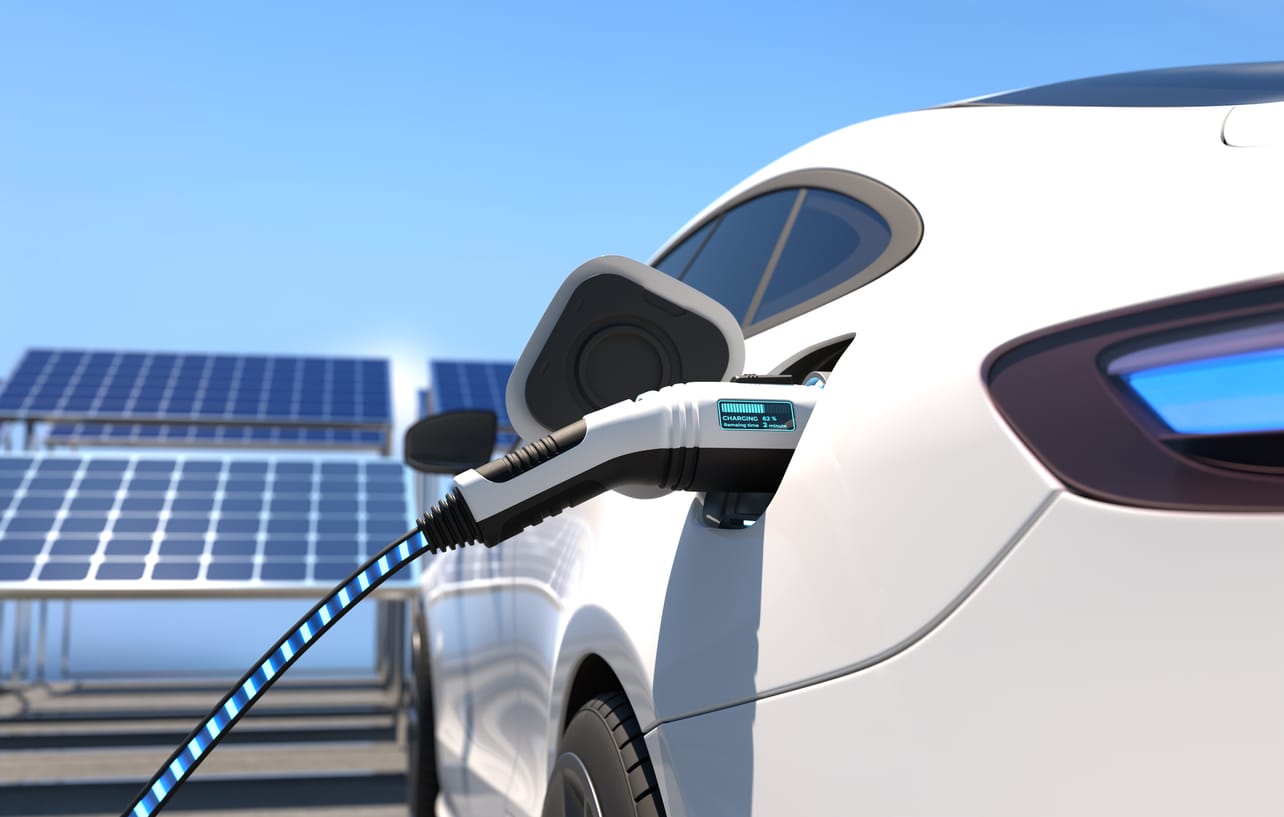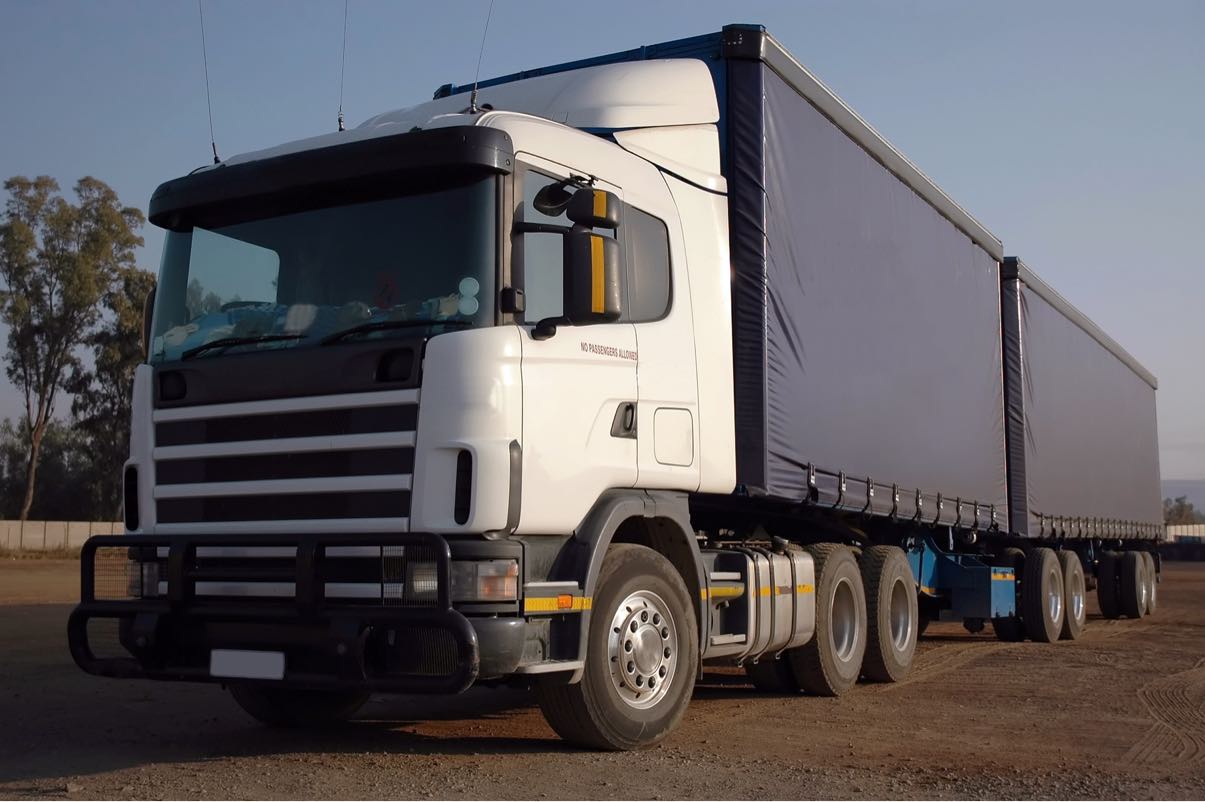The EF1-T: A Solar-Powered Marvel
Chinese automaker EdisonFuture, a subsidiary of renewable energy firm SPI Energy, has unveiled a groundbreaking innovation in the world of electric vehicles (EVs). The company has revealed the first images of its EF1-T pickup truck EV, a vehicle that boasts a retractable solar panel roof capable of adding range while the vehicle is in transit. This innovative feature allows the vehicle to harness the power of the sun and recharge its batteries while on the move, a significant leap forward in EV technology.

Design and Performance
The EF1-T pickup truck EV is not just a marvel of renewable energy technology; it also boasts impressive performance specifications. The standard single-motor version of the EF1-T comes with a 470 horsepower engine that can go from 0-60 mph in 6.5 seconds. For those seeking more power, the premium model adds an extra motor, enabling it to go 0-60 mph in just 4.5 seconds. The super version of the vehicle, meanwhile, has three motors, offering a whopping 816 horsepower, and allowing it to go 0-60 mph in only 3.9 seconds.
Harnessing the Sun
EdisonFuture’s EF1-T, as well as a van version of the vehicle called the EF1-V, feature a uniquely designed solar mosaic technology. This technology not only provides a stunning visual signature but also harnesses the power of the sun to recharge the batteries, enabling work vehicles to continuously charge while in the field. This innovative feature sets the EF1-T apart from other EVs on the market and represents a significant step forward in the integration of renewable energy sources into vehicle design.

A Glimpse into the Future
While we are likely still some way off from seeing vehicles that run solely on solar power, the introduction of the EF1-T represents a significant step in that direction. As solar technology matures, we are increasingly seeing vehicles fitted with solar panels, allowing for added range figures that are far from negligible. For example, Dutch automaker Lightyear states on its website that its Lightyear One car can add 7 miles of range per hour via solar charging. Lightyear eventually aims to develop vehicles that can go months without needing to charge via conventional means.

The EF1-T pickup truck EV from EdisonFuture represents a significant leap forward in the integration of renewable energy sources into vehicle design. With its retractable solar panel roof and impressive performance specifications, the EF1-T is not just a marvel of engineering but also a glimpse into the future of EV technology. As solar technology continues to mature, we can expect to see more vehicles harnessing the power of the sun to add range and reduce reliance on traditional charging methods.
SAC is the go-to company for dependable and competent service when it comes to shipping your electric vehicles, whether they are brand-new or pre-owned. With a solid track record, Ship A Car, Inc. has the knowledge and dedication necessary to manage the transportation complications, providing a smooth and free of stress trip. The team is committed to provide the necessary direction and assistance from beginning to end, ensuring that your vehicles’ transport is not only effective but also pleasurable. Trust Ship A Car to handle your shipping needs for electric vehicles with the highest skill, knowledge and affordability.
The EF1-T is a pickup truck EV developed by Chinese automaker EdisonFuture. It features a retractable solar panel roof that can add range while the vehicle is in transit.
The EF1-T is unique due to its integration of solar mosaic technology. This technology allows the vehicle to harness the power of the sun to recharge its batteries, enabling it to continuously charge while in the field.




